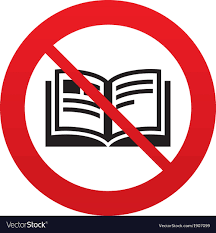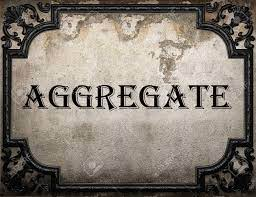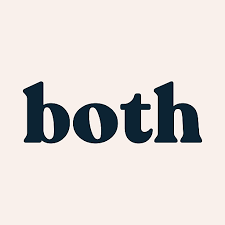Salient features of New pattern of Appendix III IREM Volume I Revised Edition, 1989 - ACS 282 dated 21.08.2023
Appendix3 Examination
Item | Topic | Details |

|
Merger |
Merger of 3 streams i.e., SSO(A), Sr.TIA & Sr.ISA |

|
New Designation | SSO/Accounts Or SSO/Traffic Inspection Or SSO/Stores Inspection
SSO stands for Seniro Section Officer |

|
Effective Date |
Prospective effect (From 21st August, 2023) |

|
Conducted by |
Railway Board |

|
When |
Regular intervals (The interval is not specified)
|

|
With or Without |
Examination will be conducted - without Books |

|
CBT |
Computer Based Test
(for Objective/MCQ Question papers and Descriptive Question paper) |

|
Paper I
MCQ
100 Marks
2 hours
Pass: 40% | Books & Budget Expenditure Establishment (incl: PF, NPS, Pension, Labour Laws & Finance Establishment) Bookkeeping
|

| Paper 2
MCQ
100 Marks
2 hours
Pass: 40% | Stores Accounts incl: COS Procedure, Associated Finance Workshop Accounts incl: WMS, Costing, Associated Finance
|

| Paper 3
MCQ
100 Marks
2 hours
Pass: 40% | Traffic Accounts incl: Traffic Costing/Statistics, Traffic Finance, Station Accounts & Inspection.
|

| 
| The aggregate of all 3 Objective Papers- 45 %
For Reserved candidates - 35 % (May be) |

| 
|
Exemption for subsequent attempts will be 60%.
Applicable for 5 years
(Here clarification is required from Railway Board, whether it is 5 years or 5 attempts) |

|

| Relaxation in Passing marks for Reserved candidates
Individual Paper - 30 % (Maybe)
Aggregate of 3 Objective Papers - 35 % (Maybe) |

|
Negative Marks |
Negative mark of 0.25 for each of the wrong answer in Objective type Question Paper |

| 
| Subjective Paper - 200 Marks - 3 Hours - Typing on Computer
Syllabus: General Essay, Rajbasha, Practical aspect of Finance & Accounts, Numerical question on Advanced Bookkeeping
Permitted: Calculator
Pass Marks - 40 (For Reserved Candidates, it maybe 30)
Descriptive Paper will be corrected subject to the qualifying of Objective Papers. |

|
Hindi or English |
Examination will be Bilingual as per the option of the Candidate, |

| 
| Candidates who qualify both Optional Papers (Individual & Aggregate) and Subjective paper will be declared successful to have passed the Appendix3 Exam. |

| 
| Eligibility conditions:
Passed Appendix 2 Examination 5 Years of Service or 3 Years of Service, if Graduate
|

| 
| Answer papers will be destroyed after 6 months from the date of declaration of the final result after obtaining vigilance clearance. |

| 
| No provision for Re-evaluation or Re-assessment of Answer sheets
|

| 
| Permitted for Rechecks of Totals of Marks and Arithmetic mistakes |

| 
| There will be no cap on the maximum number of attempts to appear in Appendix 3 Exam. |

| 
| 1 % of the posts of SSO/Accounts as on 01.01.2022 - earmarked for promotion of Non-Appendix3 exam qualified Accounts Assistants. The remaining 99% of SSO(A) posts should be filled from Appendix 3 qualified candidates.
Not applicable for Sr.TIA and Sr.ISA posts |
Candidates | Passing Marks |
Individual Paper | Aggregate of 3 Papers |
General | 40 Marks | 45 % |
SC/ST | 30 Marks (Maybe) | 35 % (Maybe) |

Disclaimer: The author expressly disclaims all liability with respect to actions taken or not taken based on the contents of the following information.
Probability | Total Questions (Guessed randomly, if not sure of the correct answer) | Correct | Wrong | Marks secured | Probability Percentage |
First probability | 5 | 5 | Nil | 5 | 16 % |
Second probability | 5 | 4 | 1 | 3.75 | 16 % |
Third probability | 5 | 3 | 2 | 2.5 | 17 % |
Fourth probability | 5 | 2 | 3 | 1.25 | 17 % |
Fifth probability | 5 | 1 | 4 | Nil | 17 % |
Sixth probability | 5 | Nil | 5 | Minus 1.25 | 17 % |
